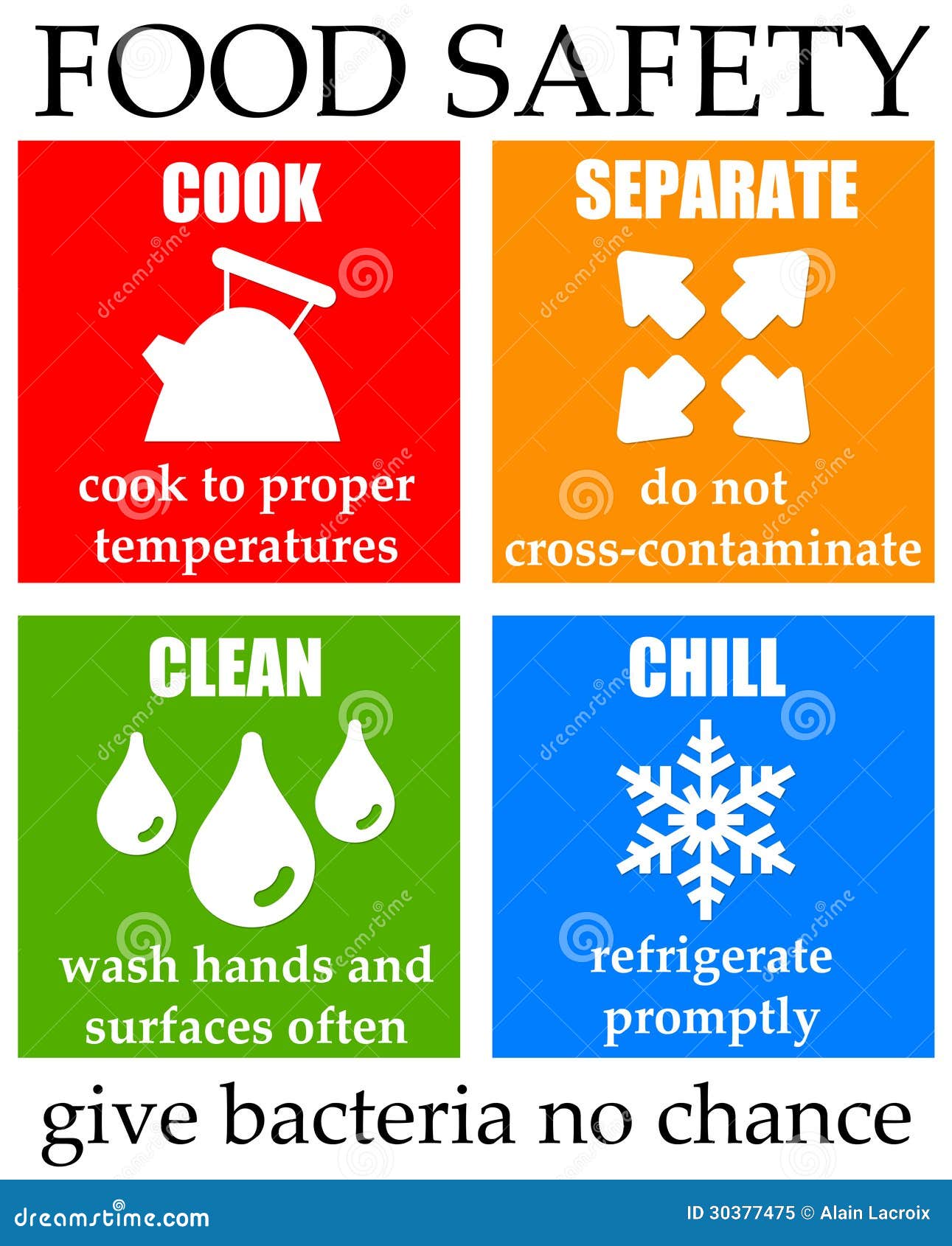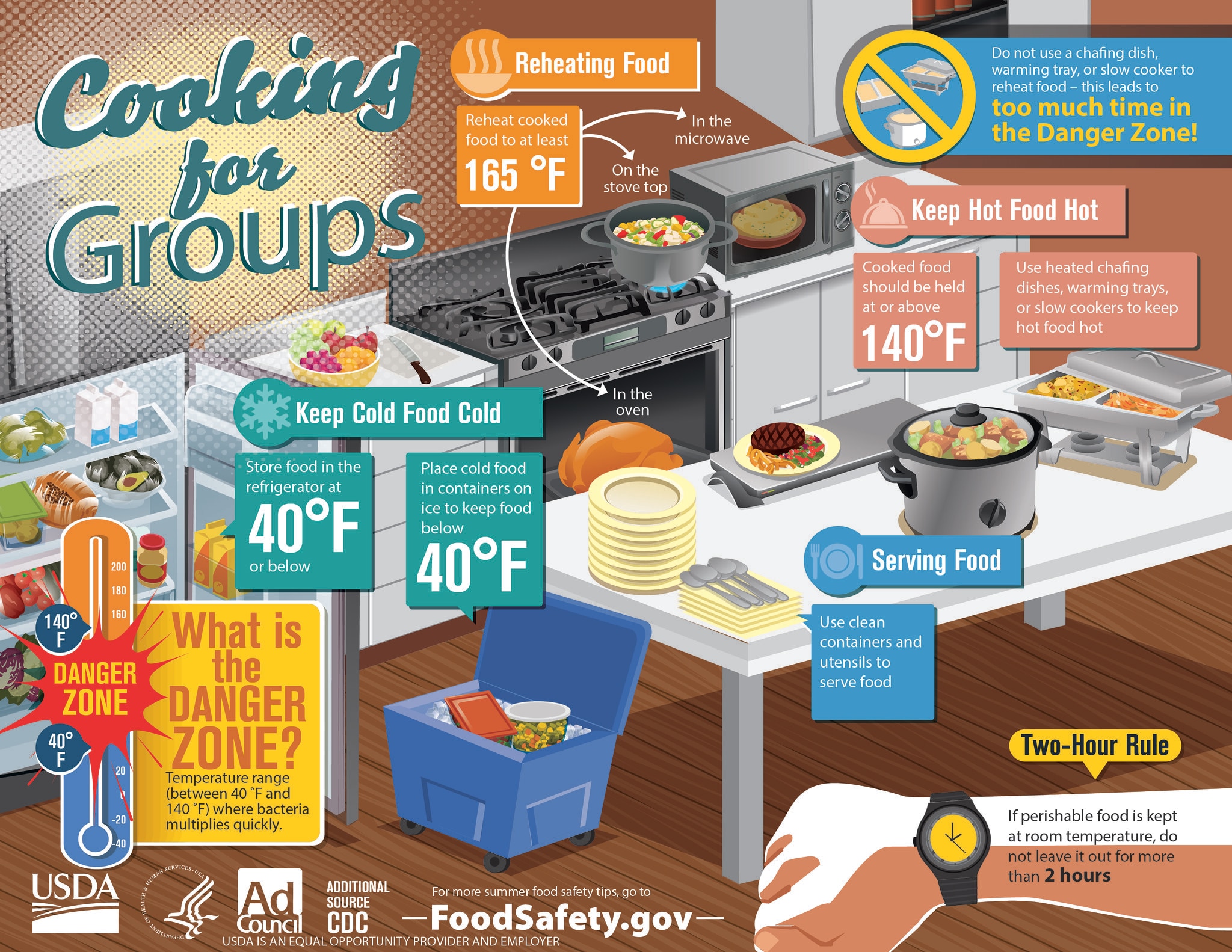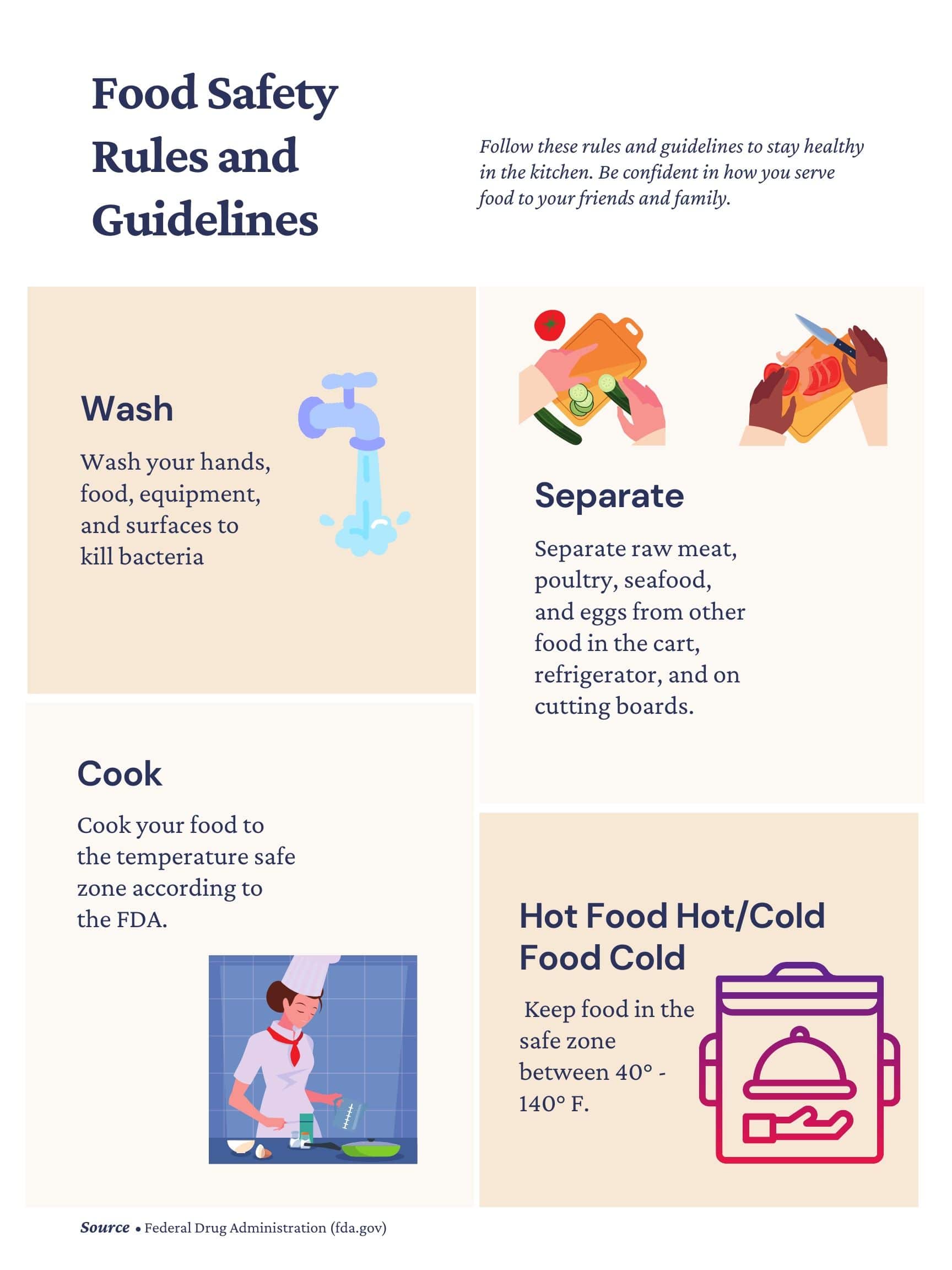Food And Drink Health And Safety

Food and Drink Health and Safety
The Basics of Food Safety
Food safety is an important part of good health and hygiene. Everyone should take precautions to prevent foodborne illness. Eating food that has been prepared and stored safely is essential. To ensure that foods are safe to eat, they must be handled, prepared, and stored properly. This includes keeping track of expiration dates, washing hands, and using the right temperature when cooking food.
Food safety starts with proper food handling. For example, raw meats, poultry, and seafood should always be kept separate from other foods to avoid cross-contamination. All fruits and vegetables should be washed thoroughly before use. Hands should be washed before and after handling food, and anything that comes into contact with raw food should be washed with hot, soapy water. When cooking, it’s important to use a food thermometer to ensure food has reached a safe temperature.
Foods should be stored in the refrigerator at or below 4°C (40°F). Leftovers should be cooled quickly and stored in shallow containers. It’s also important to pay attention to expiration dates and discard any food that has passed its expiration date. Finally, it’s best to avoid eating raw or undercooked foods, such as rare or medium-rare meats, raw eggs, and unpasteurized dairy products.
The Basics of Drink Safety
Drink safety is just as important as food safety. Waterborne illnesses can be especially dangerous, so it’s important to take precautions when drinking water. Make sure to use safe drinking water sources that are free from contamination. Boiling or filtering water is a good way to make sure it is safe to drink. It’s also important to pay attention to expiration dates on drinks, and discard any that have passed their expiration date.
Alcoholic beverages should be consumed in moderation. It’s important to make sure you are drinking responsibly and not overindulging. Drinking too much can lead to dehydration and other health problems. It’s also important to make sure that any alcoholic beverage you consume is from a safe source. If you’re unsure about a beverage’s safety, it’s best to avoid drinking it.
Finally, it’s important to remember that caffeine is a drug, and it should be consumed in moderation. Too much caffeine can lead to insomnia, anxiety, and other health issues. It’s best to drink caffeinated beverages in moderation and to avoid consuming large amounts of caffeine in a short period of time.
Conclusion
Food and drink safety are important aspects of good health and hygiene. Everyone should take the necessary precautions to prevent foodborne illness, such as keeping track of expiration dates, washing hands, and using the right temperature when cooking food. It’s also important to make sure that any drinking water is from a safe source, and that alcoholic and caffeinated beverages are consumed in moderation. By following these safety guidelines, you can help ensure that the food and drinks you consume are safe and healthy.
Food Safety Poster | $ 16.15 | Nutrition Education Store

Food Safety Archives | Dinner Tonight
Food safety stock illustration. Illustration of foods - 30377475

Food Safety After a Power Outage - FRCOGFRCOG
Health And Safety In Kitchens And Food Preparation Areas
Infographic: What's Safer and What's Not | Travelers' Health | CDC
Level 2 Food Safety for Drinks Manufacturers | Virtual College

Food Safety by Events and Seasons | FoodSafety.gov

Food Safety Rules and Guidelines - Salty Lemon Sister

Tips for Food Safety in 2021 | Food safety course, Food safety training
